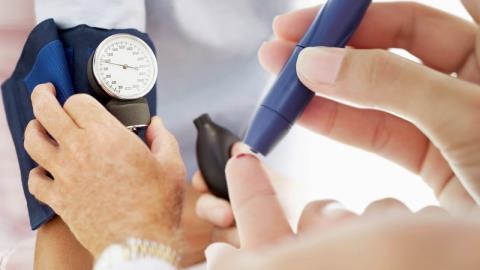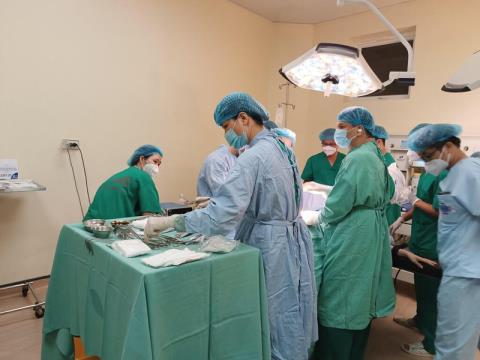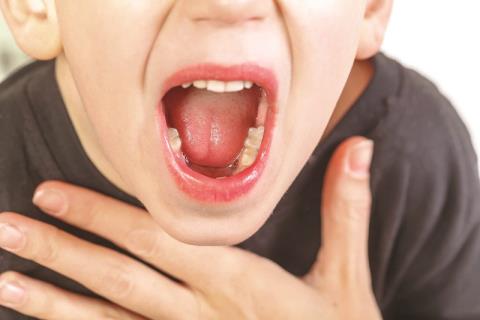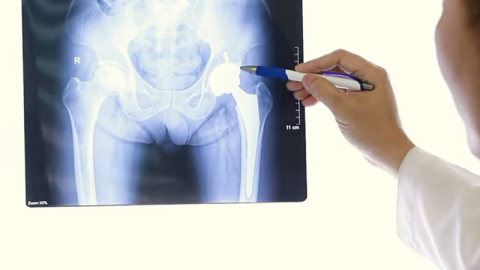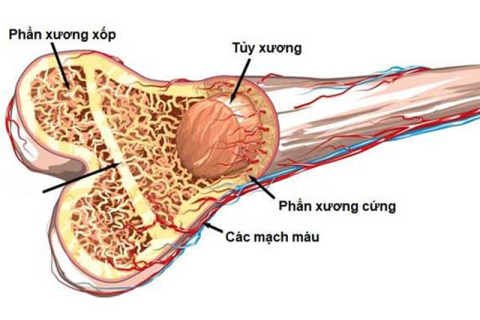The kidneys play the role of excreting water and waste products from the human body. When the kidneys are impaired, it will affect the excretion process of the kidneys, causing many different diseases related to the kidneys. In particular, grade 3 kidney failure is a serious condition and adversely affects health if not detected and treated promptly.
Body failure is divided into 5 levels, in which stage 3 renal failure causes the kidney function to decline, thereby reducing the glomerular filtration rate. So what is grade 3 kidney failure? What are the symptoms, diagnosis and treatment methods?
What is grade 3 kidney failure?
Kidney failure is a condition in which kidney damage causes the kidneys to lose their ability to filter waste products from the blood. Grade 3 kidney failure is the in-between stage of kidney failure, where the kidneys no longer work as well as they should. Based on estimated glomerular filtration rate (eGFR), grade 3 kidney failure is divided into 2 stages, namely:
- Renal failure grade 3a: At this stage, the kidney function is mild to moderate with the eGFR index between 45 - 59 ml/min/1.73 m2.
- Renal failure grade 3b: At this stage, the kidneys are moderately to severely damaged, with an eGFR index ranging from 30 to 44 ml/min/1.73 m2.
Symptoms of kidney failure grade 3
According to experts, adults have symptoms of grade 3 kidney failure with the rate of about 5%. Grade 3 kidney failure has become a serious problem with increasing incidence. Not only that, many people with grade 3 kidney failure do not have any symptoms or symptoms are very faint, leading to delayed detection and treatment. However, grade 3 kidney failure will have some typical symptoms, including:
- Back pain, especially in the low back and flank area.
- Frequent insomnia or restless nights.
- People feel tired, short of breath, pale skin.
- Water retention in the body causes swelling in the limbs.
- Foamy urine, urinating many times a day, urinating without feeling of completeness, urine turning dark yellow, brown, red due to blood or painful urination...

Pain in the lower back is one of the symptoms of grade 3 kidney failure
When kidney failure stage 3, the function of filtering waste products as well as toxins is greatly reduced, complications of this disease have a significant impact on health such as anemia, high blood pressure, diseases of the heart . bones and joints, toxic accumulations... can even cause death or make the disease progress rapidly to stage 4 and stage 5.
How to diagnose kidney failure grade 3
When experiencing symptoms of grade 3 kidney failure mentioned above, you should go to the doctor right away or have been diagnosed with grade 1 or grade 2 kidney failure, you should also go for a follow-up visit. It is also possible that prior to being diagnosed with grade 3 renal failure, there was no history of kidney disease. This basis may be due to grade 1 or grade 2 renal failure without any symptoms.
As for how to diagnose grade 3 kidney failure, your doctor will perform a number of tests. As follows:
- Blood pressure.
- Urine test.
- Test for estimated glomerular filtration rate (eGFR) and once every 90 days from initial diagnosis.
- Imaging tests are used to diagnose chronic kidney failure .
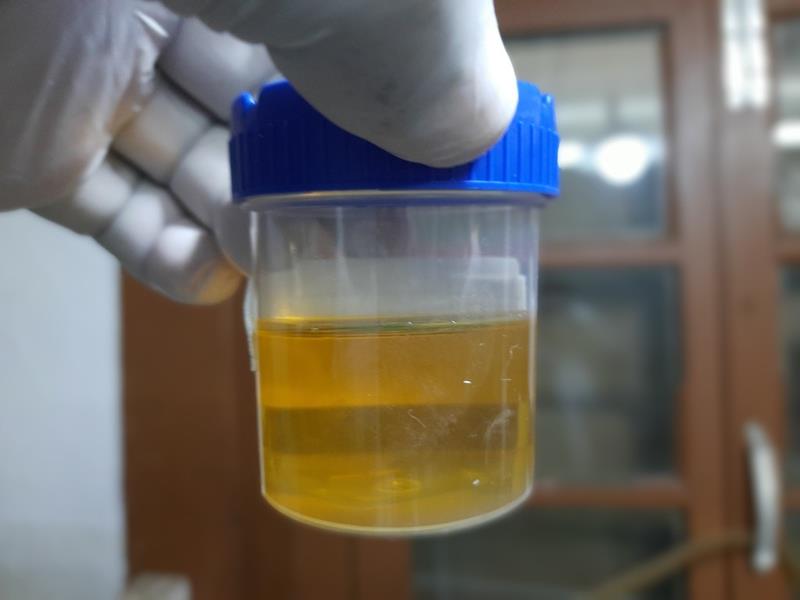
Urine test to diagnose grade 3 . kidney failure
Treatment methods for kidney failure grade 3
When patients with kidney failure stage 3, the kidney function has decreased from 50% to 75%. Therefore, the treatment of grade 3 kidney failure is only effective in preventing the disease from progressing to stage 4, preserving kidney function as well as preventing dangerous complications.
For medical treatment
This method is mainly for grade 3a kidney failure, specifically:
- Maintain blood pressure: Use 2 drugs that are Angiotensin-converting enzyme inhibitors and Angiotensin receptor blockers.
- Improve anemia: The doctor will prescribe Erythropoietin hormone or iron supplements.
- Prevention of osteoporosis or weak bones: Supplemented with vitamin D and calcium.
- Lowering cholesterol: Often used Statins.
- Treatment of edema: Use diuretics to help increase the elimination of waste products and toxins from the body.
Treatment with hemodialysis or peritoneal dialysis
Use this method for patients with grade 3b renal failure, specifically:
- Hemodialysis (dialysis): This is a method to help filter toxins, salts and excess fluids out of the body. The frequency of dialysis is 3 times per week, and will last for 3 to 4 hours during each dialysis session. However, after dialysis patients may experience cramps, dizziness, headache, headache or nausea...
- Peritoneal dialysis: This is a method of using the patient's peritoneum as a replacement filter when kidney function declines. However, this method can lead to infection or peritonitis in the patient .
Use of dialysis for grade 3b . renal failure
Treat grade 3 kidney failure with lifestyle changes
Treat grade 3 kidney failure by building a scientific lifestyle such as:
- Drink from 2 - 2.5 liters of water per day depending on the condition of each person.
- Boost full of energy to ensure health.
- Regularly check your blood pressure and heart rate.
- Exercise regularly.
- Limit the use of stimulants such as alcohol and tobacco.
- Maintain a healthy weight, neither too fat nor too thin.
- Do not use drugs that are not prescribed by your doctor.
Diet of patients with kidney failure grade 3
Foods to eat
To treat grade 3 kidney failure, the patient should also have a reasonable and scientific diet. As follows:
- Use starchy foods with low protein content, for example: Sweet potatoes, tapioca flour, taro, etc.
- In the daily diet, you should limit the amount of protein by foods such as fish or chicken that do not contain skin ...
- It is recommended to eat vegetable oil or fish oil to control the amount of fat.
- Eat plenty of fruits and vegetables, whole grains to supplement minerals and vitamins.
For diet foods
Besides, you also need to abstain from ice cream of some foods, including:
- In the daily diet, should not eat too much salt, should use from 1,500 - 2,000 mg of salt per day.
- Limit eating foods with high protein content such as pork or beef, etc.
- Do not eat processed foods such as hot dogs, noodles, etc.
- Limit the intake of fruits and vegetables that contain a lot of potassium such as oranges, tangerines, grapefruits, watermelons, lemons, spinach, etc.
- Limit phosphorus absorption.
People with grade 3 kidney failure should eat a lot of vegetables and fruits to supplement minerals and vitamins
Thus, grade 3 kidney failure is a relatively severe disease. Patients need to be closely monitored, checked, controlled blood pressure as well as weight to prevent the disease from progressing to stage 4 and stage 5 or prevent dangerous complications of the disease. Hopefully, through this article, it can help readers understand more about grade 3 kidney failure , its symptoms, diagnosis, and treatment methods.
